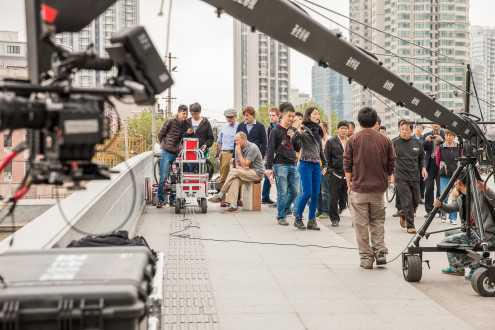If you’re planning a video production project in China, it can be an incredible experience, but it also comes with its own set of challenges. Here are some essential filming in China tips from the Shoot In China team to help you navigate the cultural and logistical differences and make your project a success:
- Know where to find video production crews: Before you plan your trip, research and make sure you’re heading to a location with good local support for your video production project. Major cities like Shanghai, Beijing, Guangzhou, Chengdu, Hong Kong, and Macau usually offer professional video production services, but it’s always best to check ahead of time.
- Be careful when bringing camera equipment: Bringing high-end camera equipment into China can be risky. Customs officials may stop you and demand a deposit of at least 10,000 USD for your camera. Consider leaving your camera body at home and renting equipment locally to save time and hassle.
- Local coordination is key: Communicate with your clients before you arrive in China to ensure that their office is prepared for your production needs. Local coordination is essential to ensure that your shoot runs smoothly.
- Shooting in public places requires permits: If you’re planning to shoot outside in a public area, you’ll need to obtain the necessary permits to do so. Be sure to prepare in advance or have a local connection who can help you navigate the permitting process.
- Visa is essential: Having the proper visa is essential for conducting official business in China, including filming or working on a shoot. Without the appropriate visa, you may not be legally allowed to work or conduct journalistic activities in the country. The most common visas for journalists are the J1 and J2 visas, which are intended for foreign correspondents or reporters covering news events in China. The Z visa is the working visa that allows foreigners to legally work in China. However, obtaining a visa can be complex and time-consuming, so it’s advisable to seek guidance from a reputable visa service or legal professional familiar with Chinese immigration laws to ensure that your visa application is complete and accurate.
By following these tips, you can increase your chances of success and avoid any unexpected surprises during your video production project in China.




